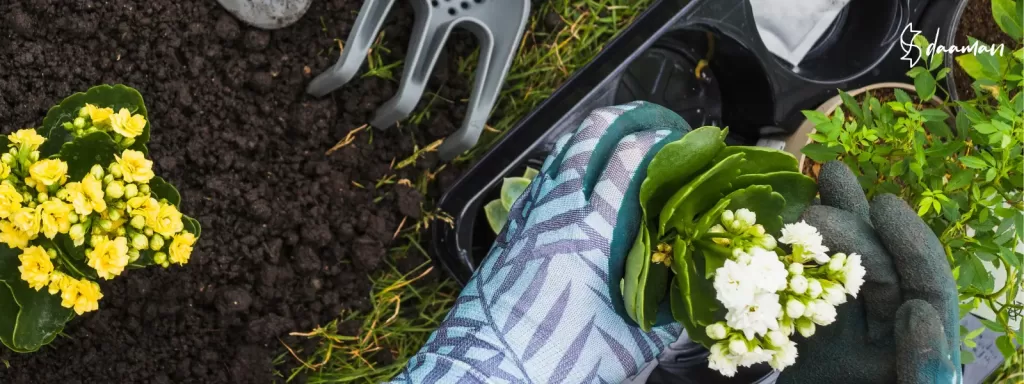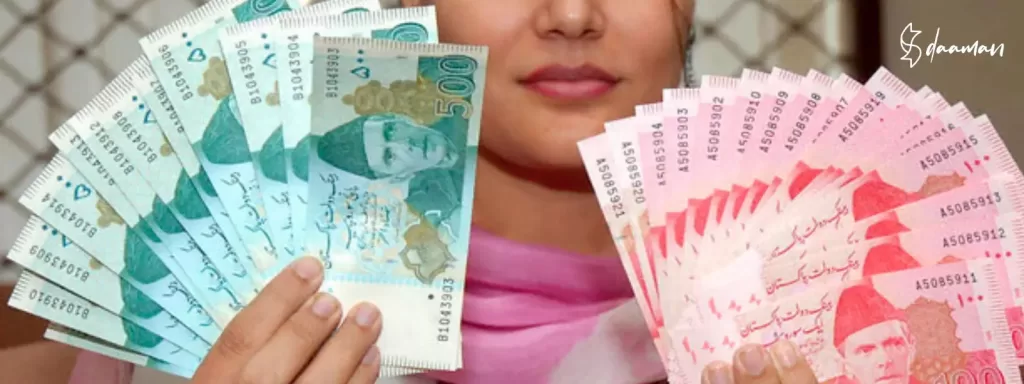Women’s Triumph In The Creative Sector: Marketing and Advertising Feats
A significant development in the professional scene throughout the past few years has been the increased representation of women in creative roles, especially in the fields of marketing and advertising. The dynamics of these industries have changed as a result of this phenomena, making the environment more inventive and diverse. Even while there is still work to be done, knowing the causes of this change and the benefits of seeing more women in creative careers might help us better understand these rapidly evolving industries in the future. The shift in societal standards and beliefs is a significant element behind the rise in the number of women in creative jobs. There has been a great effort in the last several decades to dispel gender stereotypes and inspire women to seek occupations outside the bounds of conventional expectations. Because of this, a greater number of women are now starting their careers, and sectors such as marketing and advertising are seeing an increase in the number of talented women. Image Source: Freepik.com Equal opportunity for women in creative occupations has also been made possible by the development of digital media and technology. The obstacles that could have earlier prevented women from entering these fields have been decreased with the introduction of remote work and flexible scheduling. Women are now able to reconcile their personal and professional obligations, which promotes an atmosphere that is conducive to innovation. Diversity is a major factor that contributes to the benefits of having more women in the marketing and advertising sector. Women offer new ideas and a different approach to problems, which gives them a distinct viewpoint when it comes to the creative process. This diversity of opinion helps create inclusive and inventive campaigns that appeal to a wider audience. Advertisements produced by diverse teams are more likely to reflect the wide range of human experiences and build stronger bonds with viewers. Women are also frequently acknowledged for having excellent interpersonal and communication skills, which are valuable traits in jobs in marketing and advertising where clients are involved. Any campaign’s capacity to establish and sustain relationships with clients is essential, and women’s empathy and strong communication skills improve the client experience in its entirety. This ability to establish strong relationships not only guarantees client happiness but also creates new avenues for business expansion and cooperation. Creativity is essential to the marketing and advertising industries, and studies indicate that diverse teams are more inventive and creative. Women who actively participate in the creative process generate a wider variety of concepts and solutions. Having a broad team that can draw from a range of viewpoints is crucial in today’s environment where companies are continuously competing for attention. It guarantees that campaigns are not just innovative but also resonate authentically with a wide range of audiences. Outside of the creative sector, a more welcoming and equal work environment is promoted by the growing number of women in executive roles in marketing and advertising. Younger generations are inspired by women in leadership roles who dismantle obstacles and shatter glass ceilings. A positive feedback loop is created when more women assume leadership positions, which stimulates the inflow of talented women into these fields. Image Source : Freepik.com In conclusion, progress towards gender equality is evident in the increasing number of women holding creative professional positions in the marketing and advertising sectors. The benefits are obvious: increased creativity, diversity, and an inclusive work environment. As these sectors develop further, valuing and promoting the efforts of women will benefit individual companies as well as influence the direction of creative excellence globally in the future.
Women’s Triumph In The Creative Sector: Marketing and Advertising Feats Read More »










